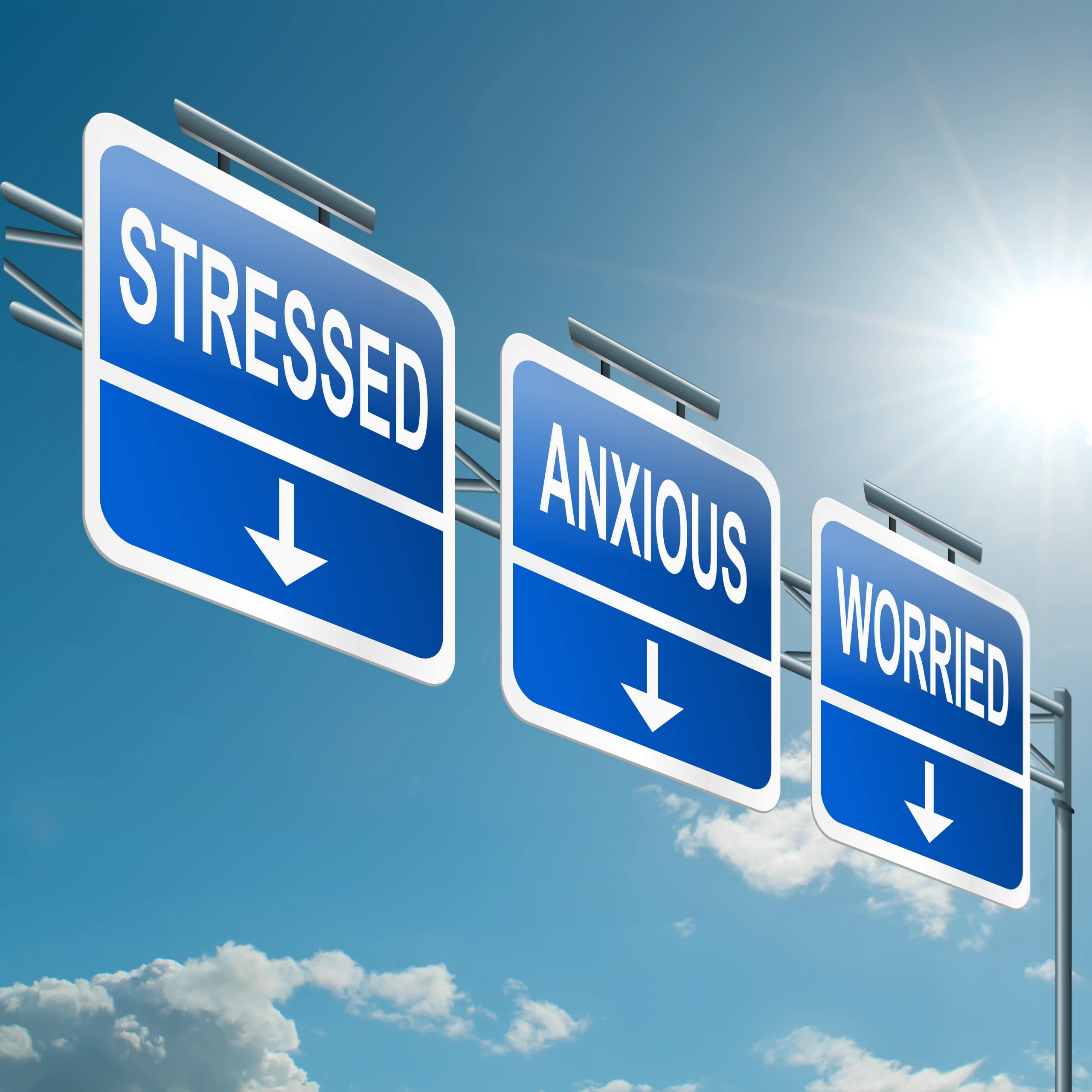With all the uncertainty that everyone has been experiencing this year, one of the most common concerns that I have been seeing in my practice lately is anxiety. Experiencing the effects of anxiety, stress, or fear are not necessarily problematic if the right coping strategies are in place.
Examples of coping strategies and tools for dealing with uncertainty include:
- Exercise
- Creative outlets
- Mindfulness/prayer
- Proper nutrition
- Acupuncture
- Herbal support
Since we’re nearing the end of gardening season and I have herbs on the brain, I’m going to take this opportunity to talk about herbs. These can help calm the mind when anxiety gets to be a little too overwhelming.
Here are five of my favourite herbs for helping to calm the mind and ease the effects of anxiety.
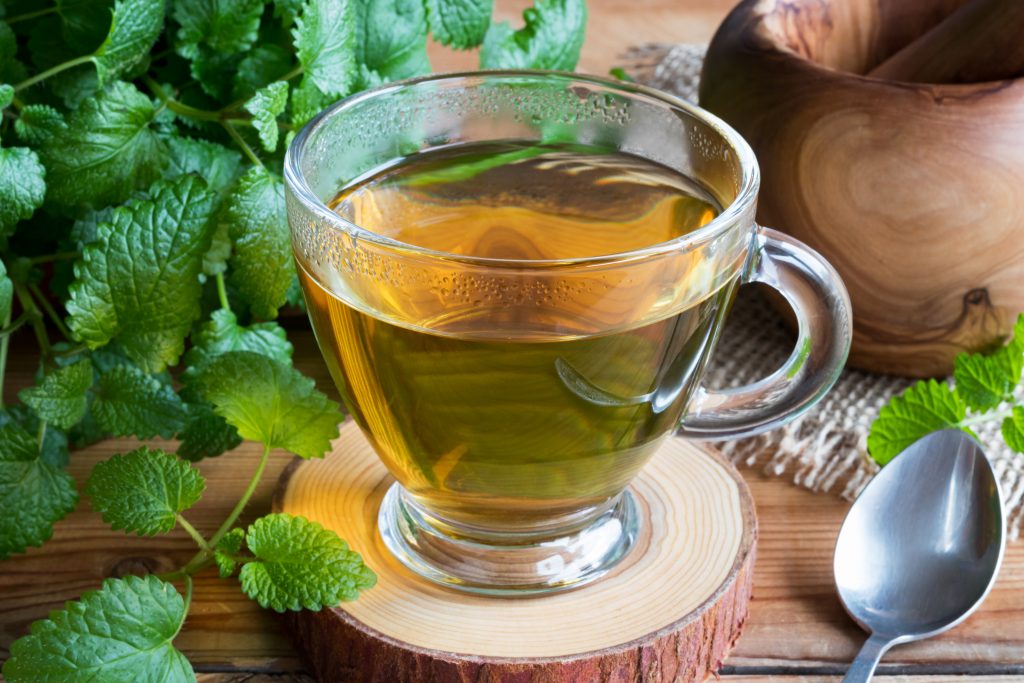
Lemon Balm (Melissa officinalis)
Lemon balm or Melissa officinalis, is a great herb for bringing some calm. In fact, the great thing about lemon balm is that it can help address stress and bring a sense of calm typically without any feelings of drowsiness. This makes it great to use in stressful situations where you may want some calm but still want to stay alert. My favourite way to use lemon balm is as a calming tea. Most people find the taste of lemon balm to be quite pleasant so it tends to work very nicely as a tea.
If you have any thyroid concerns, take some caution when it comes to lemon balm as it may interfere with the production of thyroid hormones (1).
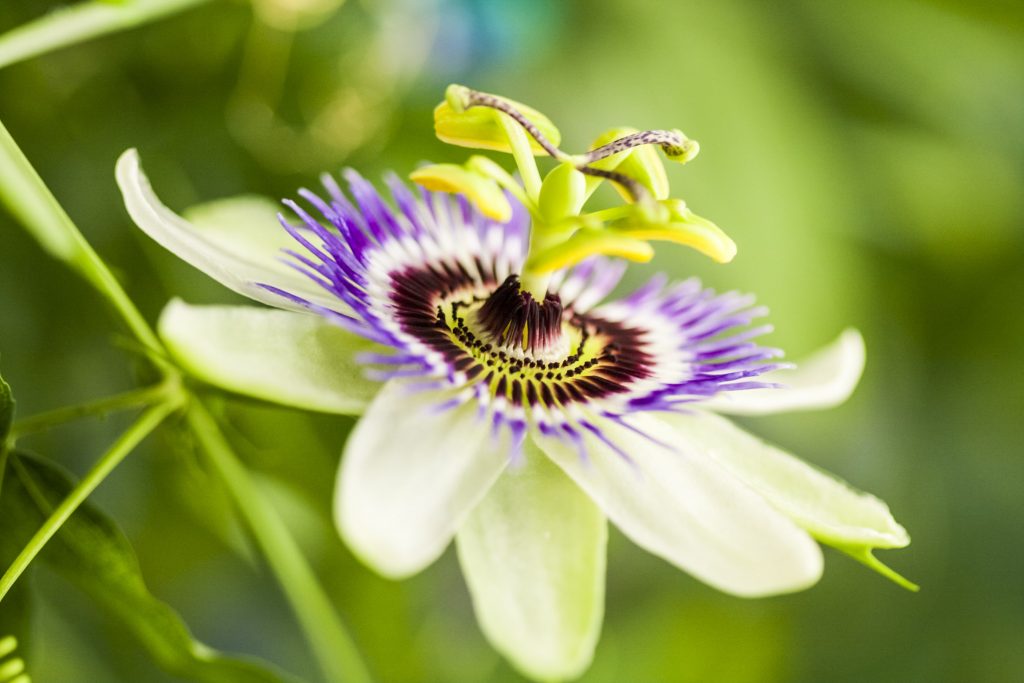
Passion flower (Passiflora incarnata)
Passion flower, like lemon balm, is another great calming herb to use during the day when you may still need to be alert. The two actually combine quite nicely to make a calming herbal infusion or tea. Passion flower has also been studied for its effects on easing symptoms of anxiety disorders and has even been compared to pharmaceuticals used in conventional treatment of anxiety disorders (2).
Like any of the herbs mentioned here, it should not be used as a stand alone treatment for anxiety disorders but can be quite helpful when used in conjunction with other treatments.
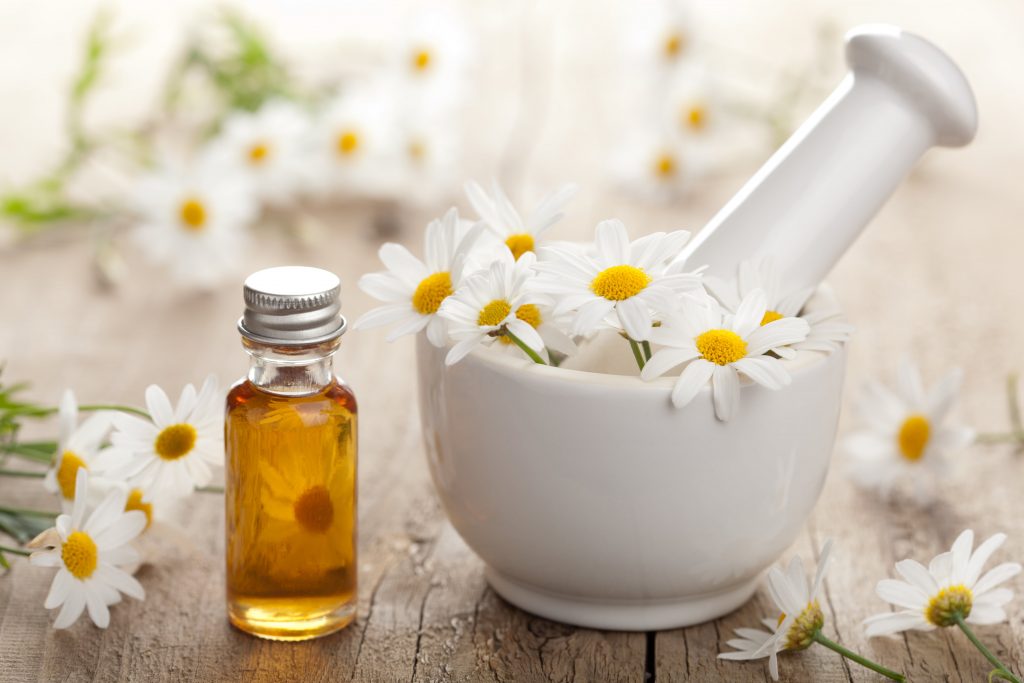
Chamomile (Matricaria recucitata)
Chamomile is a herb most people have heard of or have had experience with. However, this herb can cause some drowsiness so is best used before bed. While chamomile has shown to be helpful in managing symptoms of Generalized Anxiety Disorder (3), it also helps with digestion. This digestive aspect of chamomile makes it great for those with “anxious stomachs” especially before bed or after dinner.
My favourite way to use chamomile is as an herbal infusion or tea but it can also be used as a tincture or dried herb capsule.
Lavender (Lavendula angustifolia)
This is another herb that many people are familiar with. If you have ever smelled lavender, you have probably experienced the relaxing effect that comes from simply smelling it. While I generally do not recommend extensive use of essential oils because of the huge amount of plant matter required to make them, lavender essential oil is one that I make an exception for. This is because of its strong calming effects.
A couple drops of lavender in a diffuser, on a pillow, or in a bath can be quite helpful in calming the mind. Please do not ingest the lavender oil, use for smelling purposes only.
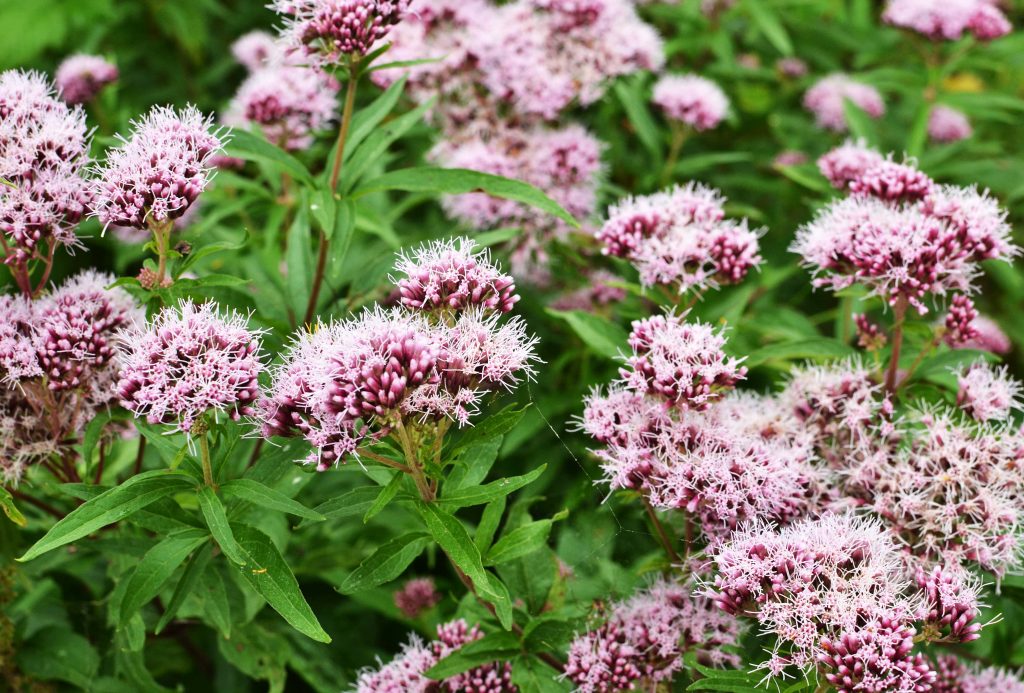
Valarian (Valariana officinalis)
Valarian or Valariana officinalis is a herb that has very strong calming or sedative properties. This is definitely one that is best taken before bed as you may not have the most productive day if you were to take it first thing in the morning.
When it comes to trying herbs for the first time, I usually recommend an infusion (like a tea) or decoction (boiling the herbs) before trying a tincture (alcohol extract). Although all three are great ways to diminish the effects of anxiety, stress and fear.
Valerian is one of the herbs I make an exception for mainly because it stinks! I’ve heard the smell described as “sweaty gym socks” and “my son’s hockey bag that hasn’t been cleaned for a week”. Therefore, consider yourself warned. Valerian is a smelly but effective herb best taken as a tincture or dried herb capsule, especially for a restless mind that keeps you up at night.
What herbs have you tried that help you calm down? Are there any I missed? Comment below!
Remember to talk to your Naturopathic Doctor or Herbalist before using any herbal medicine
References
1. Auf'mkolk M, Ingbar JC, Amir SM, et al. Inhibition by certain plant extracts of the binding and adenylate cyclase stimulatory effect of bovine thyrotropin in human thyroid membranes.
Endocrinology. 1984 Aug;115:527-34
2. Miyasaka LS, Atallah AN, Soares BG. Passiflora for anxiety disorder. Cochrane Database Syst
Rev 2007;(1):CD004518 https://pubmed.ncbi.nlm.nih.gov/17253512/
3. Amsterdam JD, Li Y, Soeller I, et al. A randomized, double-blind, placebo-controlled trial of oral
Matricaria recutita (chamomile) extract therapy for generalized anxiety disorder. J Clin
Psychopharmacol. 2009;29(4):378-382 https://pubmed.ncbi.nlm.nih.gov/19593179/
Felicia is a Naturopathic Doctor whose own healthcare experiences lead her to discover the benefits of naturopathic medicine. She earned her Bachelor of Science degree in 2013 at McMaster University, majoring in Biology & Psychology and completed an Honours thesis in behavioural neuroscience, investigating emotional regulation and mood disorders in adolescents. She then went on to earn her Doctor of Naturopathy degree at the Canadian College of Naturopathic Medicine in Toronto. In 2017, in her 4th year of post-graduate study, she completed a clinical internship at the Robert Schad Naturopathic Clinic, which included a pediatric-focused shift, a placement in the Queen West Community Health Centre, as well as a global clinical preceptorship in India.
Felicia’s Vision
Felicia aims to share knowledge and experiences gained on her own journey to help others on their health journeys. Gentle curiosity guides her practice and much time is spent in visits exploring symptoms and making connections to discover their root cause. Nutritional and lifestyle counseling are an important part of every treatment. Other tools Felicia uses to help ease symptoms and guide the healing process may include: acupuncture, botanical/plant medicine, homeopathy, and hydrotherapy. She also loves food and gardening and believes both are among the most powerful medicines.

